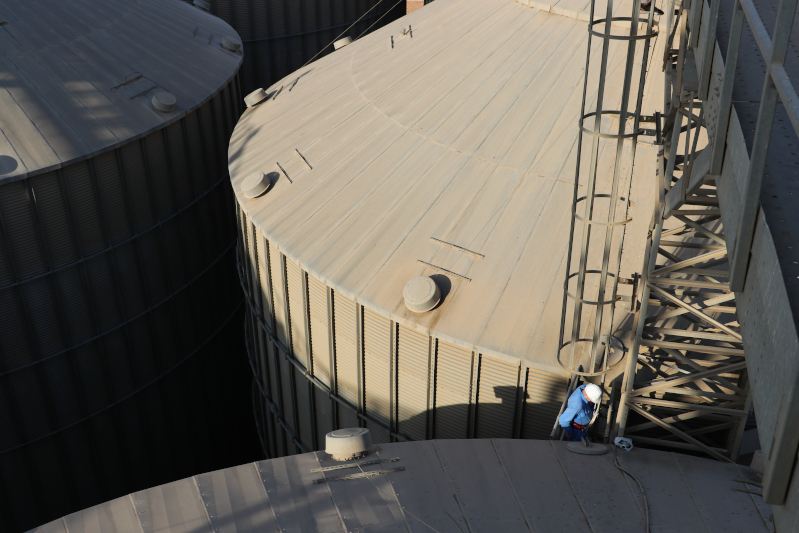Private Investment
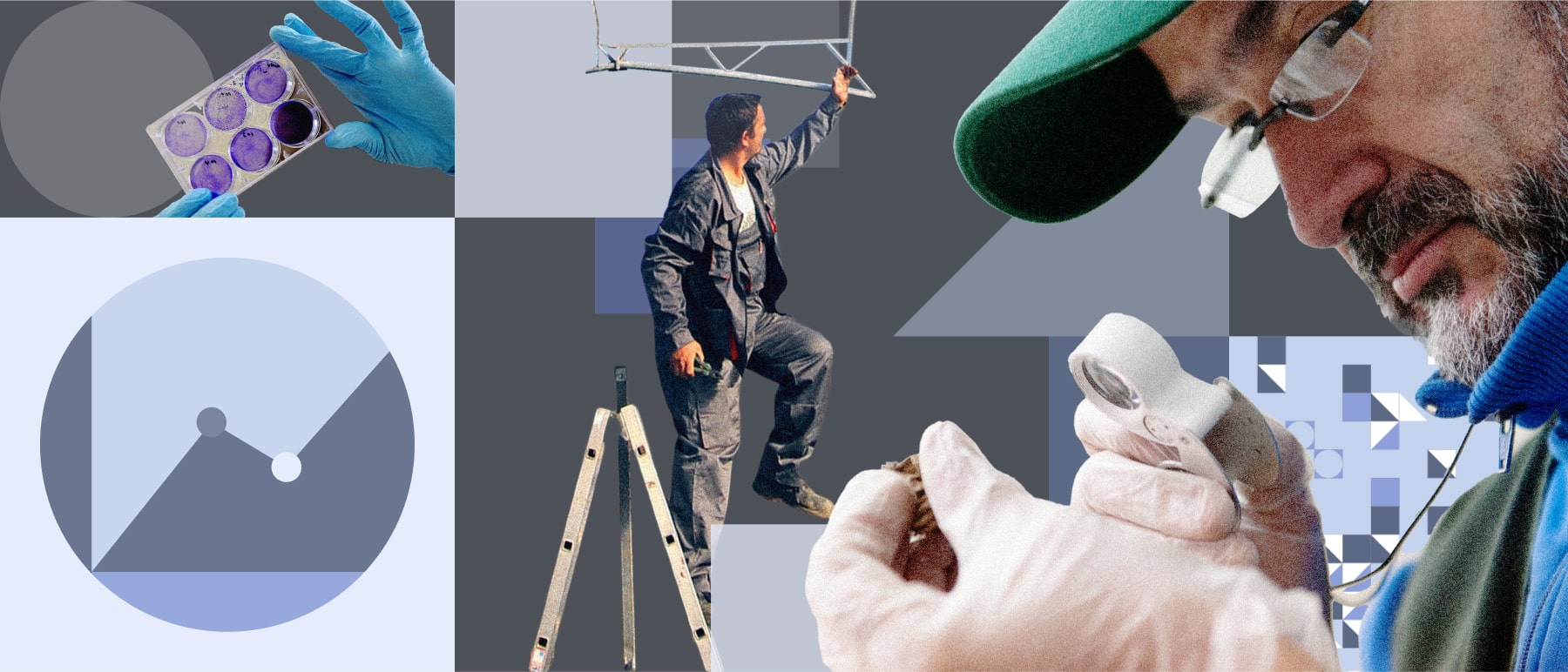
Transforming the world’s agrifood systems to be greener, fairer and more resilient calls for billions of dollars in new investments. Public funding alone is not enough. That is why the FAO Investment Centre works with governments and public and private partners to create the enabling conditions that attract greater and more responsible private investment in the agrifood sector.
Most of the Centre’s private sector work is carried out through its partnership with the European Bank for Reconstruction and Development, helping to make agribusiness development in the Bank’s countries of operation more sustainable, inclusive and efficient. That includes advisory services such as identifying investment opportunities; facilitating public-private policy dialogues; promoting greener agrifood systems; developing food safety and quality standards and sustainable agritourism; supporting investment in digital solutions; and diversifying exports.
Initiatives
Latest stories
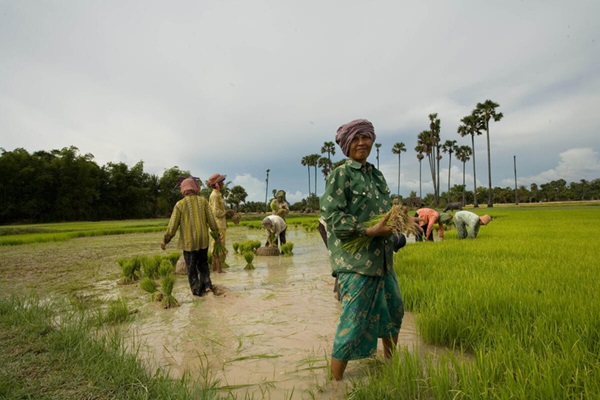
New investment to boost climate-resilient agriculture in Cambodia
09/07/2025
More than 560 000 people are expected to benefit directly from improved irrigation across approximately 32 000 hectares, while more than one million...
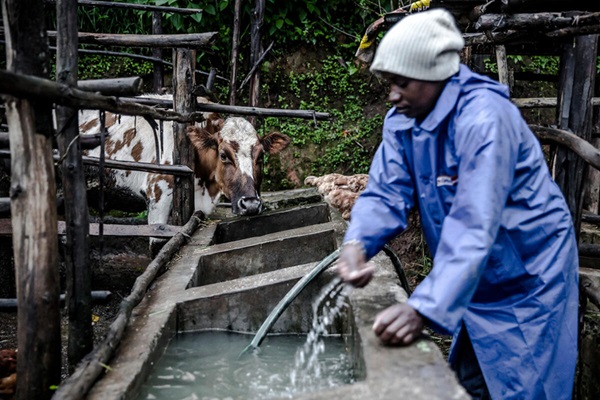
New climate programme channels investment to transform East Africa’s dairy sector
02/07/2025
Approved this week by the Green Climate Fund (GCF) Board, with programme design prepared by the International Fund for Agricultural Development (IFAD)...
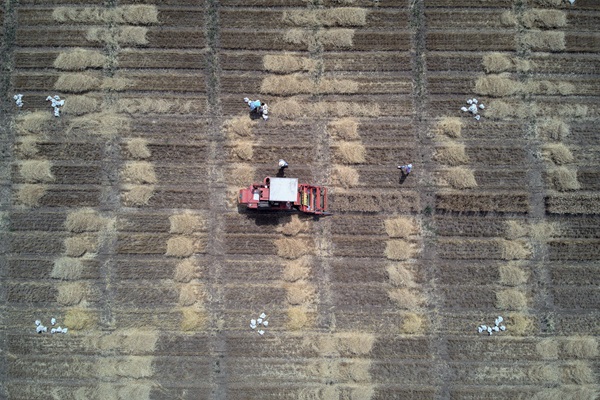
Serbia strengthens national expertise in carbon accounting for agrifood systems
22/05/2025
A training course on strategic carbon accounting was held in Belgrade, Serbia last week to support experts and businesses with practical tools to...

Strengthening Morocco’s food safety and quality with climate-smart investment
06/05/2025
Morocco is strengthening its agrifood sector through a new initiative designed to boost climate resilience, enhance food safety and support small-scale...
Latest publications
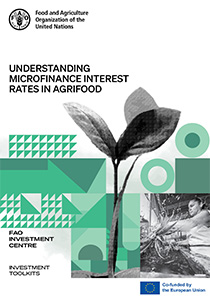
Understanding microfinance interest rates in agrifood
07/2024
Interest rates have been a contentious issue in microfinance for many years. While higher interest rates for microloans are often justified by the underlying costs of making small loans in rural areas, this is not always the case.
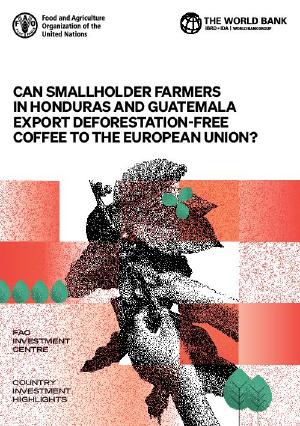
Can smallholder farmers in Honduras and Guatemala export deforestation-free coffee to the European Union?
05/2024
The new EU Regulation for Deforestation-Free Imports (EUDR) stipulates that by 2025, certain commodities may only be imported to the European Union if it can be proven that they have been produced on land that has not been subjected to deforestation or forest degradation. One of these commodities – coffee – is a source of income for farmers in Guatemala and Honduras, representing 14 percent and 52 percent of these countries’ agrifood exports respectively.
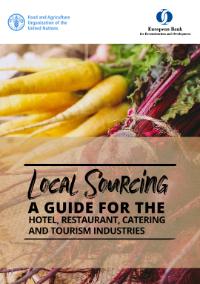
Local sourcing - A guide for the hotel, restaurant, catering and tourism industries
05/2023
Local food sourcing strengthens links between HoReCa tourist businesses and farmers. It makes for a better guest experience, improves sustainability, gives local suppliers greater market access and creates business and employment opportunities in rural areas. It also promotes biodiversity, preserves traditional food production methods, reduces food waste and brings tourism revenue to more diverse rural areas.
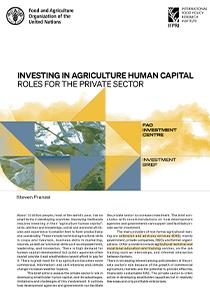
Investing in agriculture human capital - Roles for the private sector
04/2023
The objective of this brief is to assess the role of the private sector in developing human capital among smallholders....
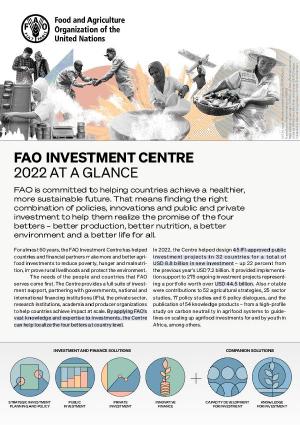
FAO Investment Centre - 2022 at a glance
03/2023
FAO is committed to helping countries achieve a healthier, more sustainable future. That means finding the right combination of policies, innovations and public and private investment to help them realize the promise of the four betters – better production, better nutrition, a better environment and a better life for all.

